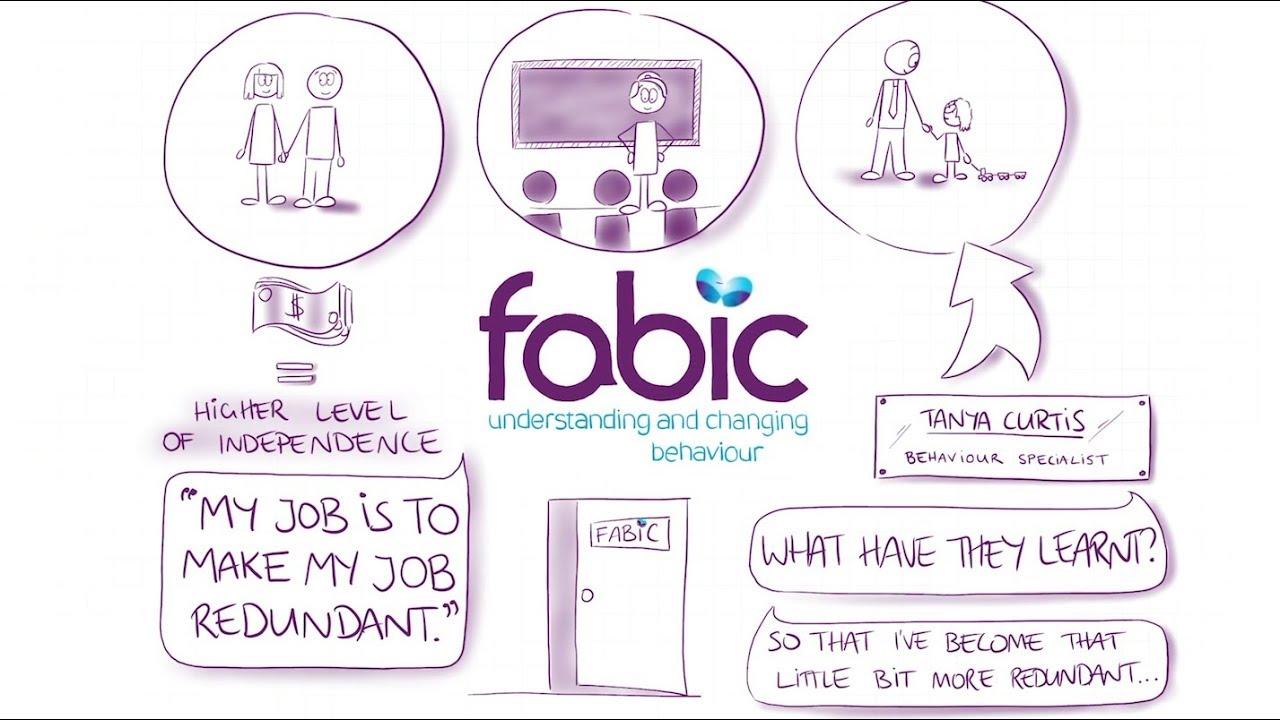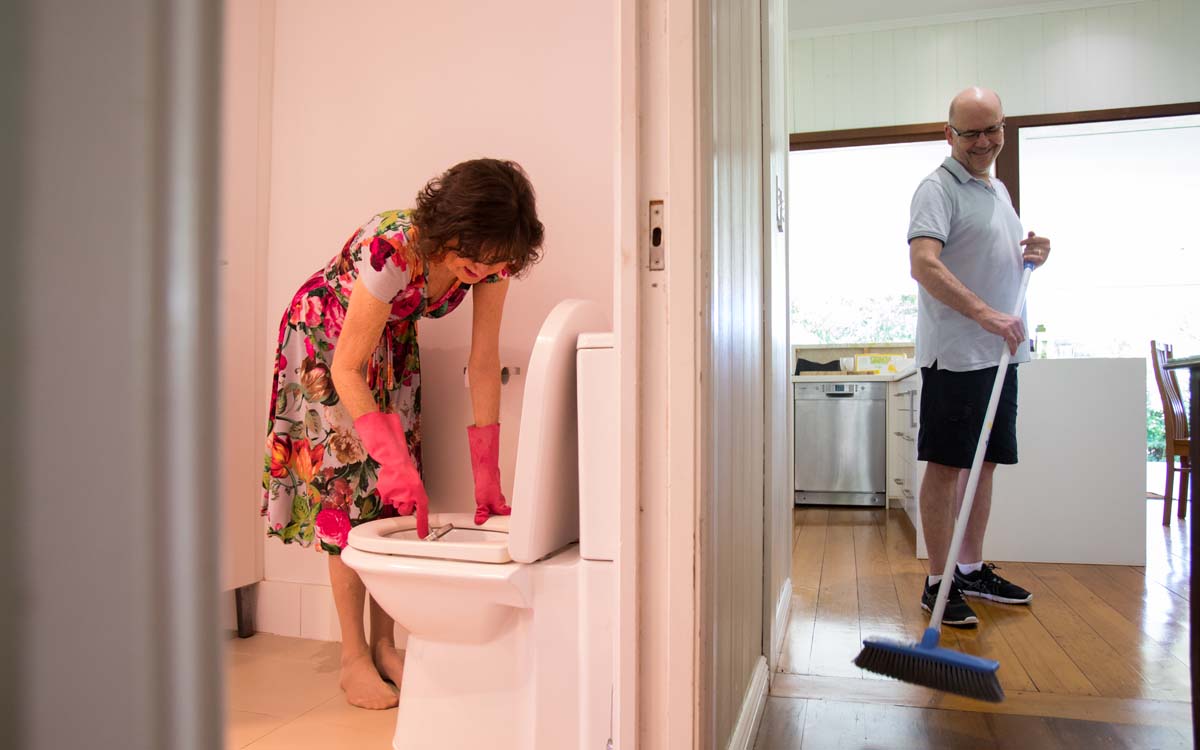When your child gets to preschool or kinder, there may be some worry that they don’t tick the boxes on developmental milestones. He or she is getting ready for school so we need to teach them the necessary skills to support their transition and learning.
A child may have gone from freely scribbling on paper or mixing paints on their palette into a muddy army green colour, to then being expected to draw a square, a person or to colour only within the lines.
Hmmm their limitless life now has boundaries – aarrgghhh!
But what is being asked for is use of skills that have not previously been required, and that is fine motor skills.
How do I know if my child is struggling with fine motor development?
It is common for children who have difficulties with fine motor skills to become avoidant, anxious and sometimes even refuse to engage in tasks that require handwriting, cutting, threading or the use of pencils or pens in general. Some children may even become disruptive.
These anxiety-related behaviours can impact their school performance and can start from as young as three years of age and carry on into their teenage years. Children can commonly feel embarrassed about their writing ability and when asked to write something, they may sheepishly decline because their handwriting is “really messy” while others will just tantrum when asked to use any of these fine motor skills.
How can I support my child’s development?
It is important to always support our children with learning new skills; keeping learning fun and creative, and taking away the pressure and emphasis on them getting it right.
A few strategies that may support them, include:
- Giving lots of mediums to play with (shaving cream, chalk, different-sized pens, pencils, crayons etc) and varied surfaces
- Use of handwriting apps (with stylus) or wriggle pens
- Incorporate less traditional activities to build skills like dress ups that may help with buttoning, zipping, putting on shoes, hats etc
- Joining in on the fun with your children
You can support your child’s development by teaching them the actual physical skills of a task but, even more importantly, you can support them to know that they are awesome, amazing and lovable just for being them – whether they can colour in between the lines or cut straight or hold a pencil properly – or not!
We can teach them to say “whoops” when they make a ‘mistake’, remembering they are always learning. This allows them not to take on the pressure to perform and actually supports the development of their skills.
By supporting our children to address the deeper issues that may present with delayed development, such as the desire for perfection, or being recognised for their abilities, we can allow their true potential to unfold.
This article was originally published in the November 2015 Edition of Haven Magazine.







